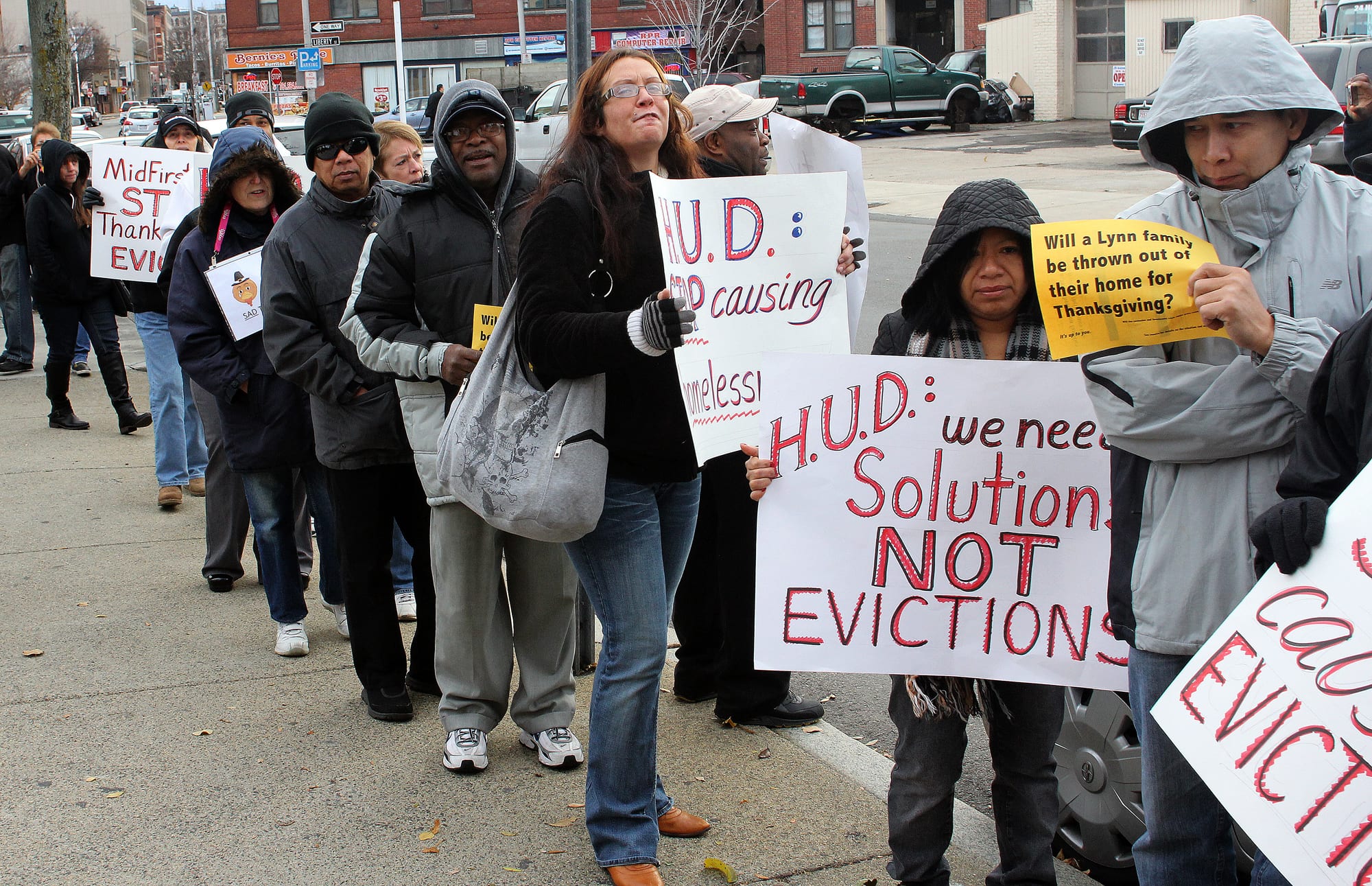LYNN — Plans to close the city’s housing court is facing opposition from housing advocates and lawmakers.
The Lynn Housing Court meets on Tuesday mornings. But under a plan being crafted by Chief Justice Timothy F. Sullivan, Lynn’s housing matters would be moved to Salem Housing Court.
“Moving our busy housing court from the downtown to Salem, which already has lots of its own housing issues, would be a burden to tenants and landlords,” said state Rep. Daniel Cahill.
The Lynn Democrat and the delegation including state Reps. Brendan Crighton (D-Lynn), Donald Wong (R-Saugus), Lori Ehrlich (D-Marblehead), and Sen.Thomas McGee (D-Lynn), have asked Sullivan to reconsider the move.
In a letter to Sullivan last month, the lawmakers said Lynn Housing Court is “always extremely busy and provides a critical resource to Lynn residents and the North Shore.”
Sullivan said no decision has been made and won’t be until he hears from all stakeholders. Earlier this year, the governor and the Legislature provided $1 million to add 84 communities who lack access to Housing Court. Sullivan said they have to figure out a way to absorb these municipalities into the Housing Court system.
Launched in the 1970s, Housing Court has jurisdiction over civil and criminal actions, including equitable relief, which involve the health and safety of the occupants or owners of residential housing. The court hears eviction cases, small claims cases, and civil actions involving personal injury, property damage, breach of contract, discrimination, and other claims.
Housing Court also hears code enforcement actions and appeals of local zoning board decisions that affect residential housing. The Housing Court has 10 judges authorized to serve its five divisions within the state, including Central, Eastern, Northeast, Southeast, and Western Massachusetts and conducts sessions in 18 locations weekly.
Sullivan said cases from Burlington, Malden, Wakefield, and Stoneham are assigned to Lynn.
“Now we are trying to figure out the best way to accommodate the communities we serve,” he said. “A decision has not been made yet, but we are in the process of trying to make that determination.”
If they were to move to Salem, that court would expand to more days weekly to hear all the cases, he said.
Still, Isaac Simon Hodes, director of the Lynn United for Change Empowerment Project, an advocacy group which assists tenants being evicted and landlords facing foreclosure, said it’s a bad idea to shutter the Lynn court.
“In terms of having fair access to the justice system, keeping a housing in Lynn is important for both groups,” he said. “The community has a stake in this because Housing Court is better equipped than the District Court to preserve neighborhood stability by preventing unnecessary evictions.”
He said while Salem is just next door to Lynn, it will be a hardship for many tenants.
“Some tenants just won’t able to make it to Salem because of health issues, disabilities, childcare or work obligations,” he said. “That means they won’t get the chance to take part in mediation or to present their side of the story.”
As a result, he said, more landlords, particularly owner occupants, he said, will file cases in District Court because it will be the only option left in Lynn.
Hodes said District Court lacks the same kinds of resources to help tenants and landlords resolve cases in a way that avoids eviction.
“We hope they reconsider the move,” he said.

